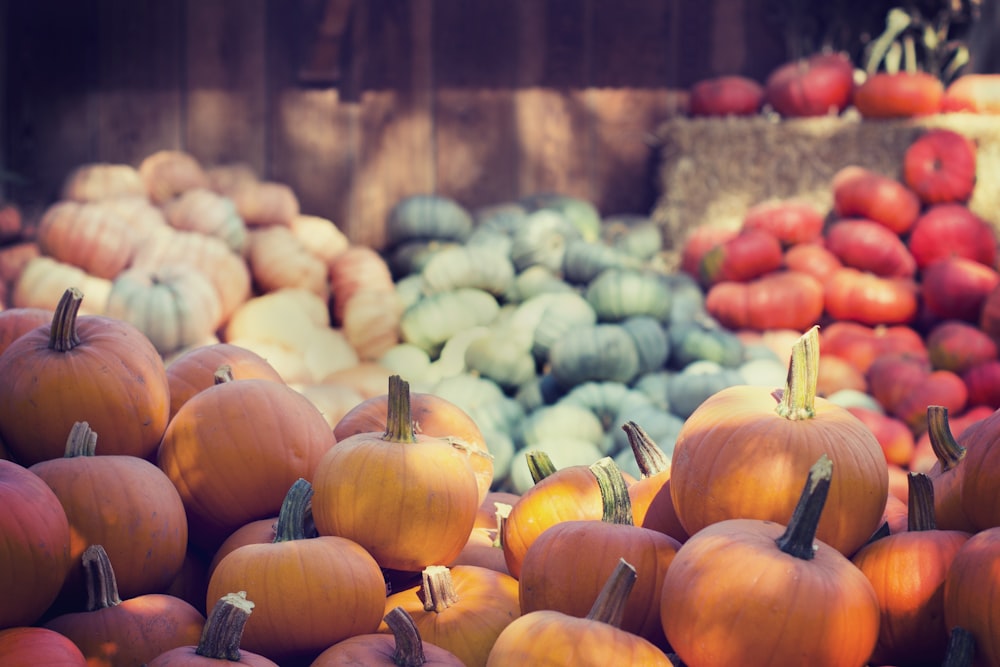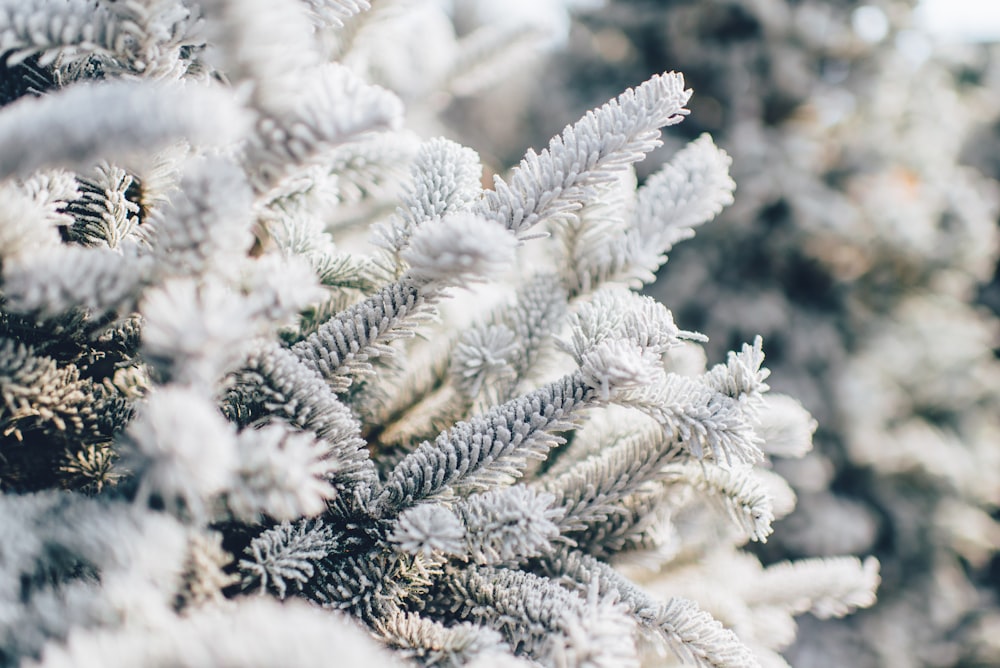One of the best ways to deepen your connection to nature and your practice is to start to incorporate rituals for the Wiccan holidays into your yearly schedule.
When people think of Wicca and witches, they tend to think of magic. But Wicca is about so much more than that.
This article will go into the eight main holidays. Unlike some other religious traditions, the Wheel of the Year splits the year into eight perfectly equal segments.
This gives you a chance to recharge and renew your gratitude in nice even spacing throughout the year.
The holidays are all based on natural processes and the natural world. This lends these special days of the year greater weight than more random holidays that come on our made-up calendar.
This overview won’t go into any specific rituals or ways to celebrate these holidays. I’ll leave those for other articles.
Dates for the current 2024 Wiccan holiday wheel of the year are at the end of the article.

Four Greater Sabbats (Wiccan Holidays)
The Wiccan holiday calendar traditionally begins with Samhain. In modern times, we call this Halloween or the Day of the Dead.
The four greater sabbats are the ones that fall exactly between the solstices and equinoxes. It may seem odd to mark the “cross-quarter days” as more fundamental (and greater) than the “quarter days” coming from the sun itself.
But life in ancient times was based on the seasons, and the Four Greater Sabbats mark the seasons. It makes sense that Samhain would be considered most important because it aligns with the shortening of the day and the descent of the sun.
The sun is vital to survival, and early Samhain traditions had a lot to do with fire and burning in a call to the sun. It marks the start of the dark part of the year.
The word sabbat might sound like the Jewish “Sabbath,” but it actually just translates to “gathering.”
Our modern calendar isn’t perfect, and so these days fall within a few days’ range. I’ll give an approximation here. You can look up when they actually are for any given year.
Samhain

If you only celebrate one of these, make sure it is Samhain. This falls on Oct 31 (or Nov 1).
This special day is when the veil between this world and the other world is the thinnest. Magic is strongest on this day.
Most civilizations came to this realization and celebrate this holiday in some from The Day of the Dead in Mexico to Diwali in Hinduism to modern-day Halloween.
Samhain should traditionally be celebrated with a fire festival or bonfire. But this depends on your particular form of Wicca.
Other common ways to celebrate involve communing with spirits or fae. At the start of the Wiccan holiday calendar, it is often common to perform divination for the coming year.
Imbolc
This occurs on February 1. The sun has been returning and the harshest days of winter are mostly behind us.
For these reasons, in Gaelic traditions, Imbolc is the start of Spring. The importance of this day has made its way to other traditions in the form of Candlemas of Catholicism and Groundhog’s Day in modern secular times.
The day is typically celebrated with feasts and candles. The candles are symbolic of the sun’s return. The feast comes from Saint Brigid, the Goddess of Fertility.
Because the day is associated with purification, it is customary to clean and open up the house after the dark hibernation of winter. This is where the notion of Spring cleaning comes from.
Check out my guide to Brighid, Goddess of Imbolc.
Here’s a ceremony to celebrate 2024 Imbolc.
Beltane
Beltane is May 1. It is the Gaelic start of Summer. There is little doubt that this is why Christians adopted Easter to be around this time (to be in sync with Pagan “rebirth” rites).
This holiday occurs opposite Samhain and is also marked by a bonfire. Traditionally, you keep one flame to light all other flames for the year. This flame is extinguished and re-lit each from the Beltane fire.
The most common ways to celebrate are with flowers, dancing, and bright colors. This is where the May Bush and Maypole traditions came from.
Here you can get a free full script for celebrating 2024 Beltane.
Lughnasadh
This occurs on August 1 and is the beginning of the harvest season. It is mostly centered around harvest foods.
There is typically another feast, but also ritual offerings of fresh-grown fruits.
Historically, it is common to celebrate with athletic contests and other competitions in honor of the god Lugh (hence the name).
This is why you often see things like apple bobbing contests and three-legged races in small-town, modern Fall Festivals.
The day is also often used for commitment ceremonies or even renewing of the vows.
Here you can get a free full script for celebrating 2024 Lughnasadh.
Four Lesser Sabbats (Wiccan Holidays)
These are the four Wiccan holidays that are determined by the solar cycle. While these might seem more fundamental than the Greater Sabbats, they were less essential to living than the Greater Sabbats.
These are important, but in ancient times, the Greater Sabbats had to do with planting, harvesting, and herd rotations. Without food, there would be no life.
Still, it is worth celebrating the Lesser Sabbats, because they are powerful days as well. The sun’s position is impossible for any human to change.
Again, remember that the dates are approximate. Any good calendar will have the exact dates for that year on it.
Yule

Yule occurs on December 21. It is the Winter Equinox, the shortest day of the year.
This is probably the most common holiday in the world across all cultures. It is celebrated as Christmas and Saturnalia and the Winter Solstice.
It is common to incorporate sacrifice into any Yule celebration. The goal is to convince the sun to return. Evergreen plants—such as holly, mistletoe, and pine trees—are often central because they have somehow not succumbed to the darkness and shed their leaves.
It is easy to see how the Christmas tree made it into modern times.
For a 2023 Yule Ceremony to perform, check out: Yule 2024 Ceremony Guide for Wiccan Practitioners.
Ostara
This is the Vernal Equinox and occurs around March 20. It marks the start of Spring in our modern understanding of the term.
Celebrations of Ostara are fairly similar to that of Imbolc and Beltane. Together, these three are sometimes known as “The Three Spring Celebrations.”
Ostara often has rituals associated with fertility. This is why eggs have made their way to modern-day Easter.
Check out: Ostara 2024 Ceremony Guide for Wiccans.
Litha
This is the Summer Solstice and occurs around June 20. It is a celebration of the longest day of the year.
In Druidic traditions, this holiday is the most important. It marks when the sun is about to start its descent. Ancient artifacts like Stonehenge were made to align with this day.
Litha is associated with devotion. It is common for marriage ceremonies and vow rituals to the Goddess to take place on this day.
Check out: Litha 2024 Ceremony Guide for Wiccans.
Mabon
This is the Autumnal Equinox and occurs around September 21. In many traditions, it represents the harvest. It is a time of thanksgiving.
Rituals center on gratitude for the abundance of new food. It is the middle of the “Three Harvest Festivals.”
Rituals tend to involve wine and feasting. Celebrations tend to be larger, involving friends and family. Rituals help center you and reflect on the good things.
For a Mabon ceremony, check out my Mabon 2024 Ceremony Guide.
Final Remarks
This is meant to be a brief overview. In later articles, we’ll look at some very specific incantations, rituals, and rites you can perform on each of these Wiccan holidays.
2024 Wiccan Holiday Dates
| Holiday | 2024 Date |
| Samhain | Thursday, October 31 |
| Yule | Saturday, December 21 |
| Imbolc | Friday, February 1 – February 2 |
| Ostara | Wednesday, March 20 |
| Beltane | Wednesday, May 1 |
| Litha | Friday, June 21 |
| Lughnasadh | Thursday, August 1 |
| Mabon | Sunday, September 22 |
For an excellent set of rituals on these Pagan and Wiccan holidays to get started, check out the thorough book on the subject by Maureen Murrish by clicking here:
The holidays and ceremonies that do not occur in the Wheel of the Year are called esbats.


